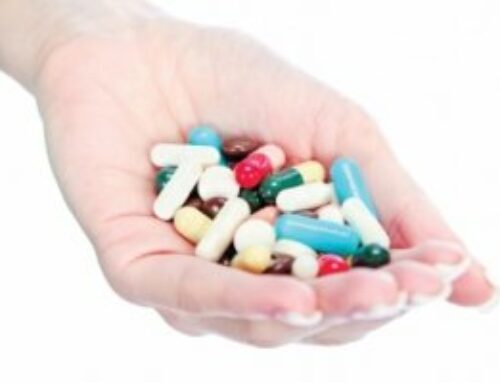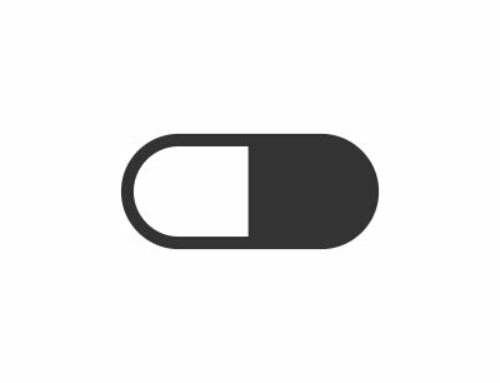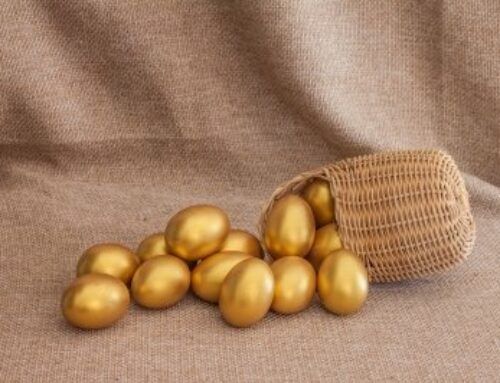Is it possible to increase low AMH level?
AMH (Anti-Müllerian Hormone) is a hormone secreted in the granulosa cells (satellite cells which surround eggs) and its robustness and stability throughout the cycle makes it the most important parameter in terms of predicting ovarian reserve.
A simple blood test taken on any day of the cycle will give you this important information (best is at day 3 because you can measure several more hormones at this point).
Your AMH level will also help determine 1) how well you will respond to a hormonal stimulation (a high AMH will generally respond well to follicle stimulating medications), as well as 2) tell you how many antral follicles you can expect to see on your ovaries and how active they generally are.
In my post “Fertility bloodwork” you can find optimal hormonal ranges for seven most important fertility-related hormones.
AMH test results
In a table below I focus only on AMH and what to expect depending on your age. Please not that different labs use different units on their reports, please pay attention to that important detail!
Egg Supply pmol/L ng/mL
Great Egg Reserve 28.6 – 48.5 4.0 – 6.8 (not if >35!)
Satisfactory Egg Reserve 15.7 – 28.6 2.2 – 4.0
Low Egg Reserve 2.2 – 15.7 0.3 – 2.2
Very Low Egg Reserve 0.0 – 2.2 0.0 – 0.3
How to increase AMH levels naturally?
It is very disappointing for women to find out their AMH level is low. I’ve seen cases where women felt devastated about it. If you’re unsure what to think about your AMH level and how many eggs there are left, I can help you understand it. Here is how you can find me.
Low AMH conveys a message: there are very few eggs left.
Ovaries are getting old and who has ever heard of a possibility to prevent aging?
At a certain age, fertility in women starts to decline until it finally disappears. This reality will not change anytime soon. However, in women who are ready to invest a reasonable effort, the biological clock can certainly be slowed down to a certain degree.
However, AMH level is a hard fact and whatever you do, don’t expect that your AMH will skyrocket afterwards.
What sometimes helps increase AMH levels: DHEA and vitamin D
It is a wise investment in your remaining fertility if you spend some months refreshing your eggs before getting pregnant.
One nutritional supplement which is most often discussed in terms of its impact on egg and embryo quality and stabilizing AMH values is the DHEA.
Before supplementing with DHEA, please mention this to your fertility doctor and have your testosterone and DHEA-S measured in the blood (DHEA-S is a simple, stable molecule in blood which gives an estimate of the bioavailable DHEA). With this one simple blood check, you want to make sure that you don’t have any uncovered hormonal imbalance before taking DHEA.
From this initial baseline, you then want to go up with DHEA until the values reach the upper 20% of the range for young women of 25 (DHEA declines with age and the idea is to bring it again to the level typical of women with high fertility and plentiful, healthy eggs).
Another thing which we learned recently is that vitamin D is a strong positive regulator of ovarian reserve. But would vitamin D truly increase AMH levels? In this study here you can read how AMH levels decreased by 18% in winter months and these effects could be reversed with the supplementation of vitamin D.
That’s why I encourage women over 35 to supplement 4000IU per day of vitamin D (with a supplement like this for example) throughout the year, with the exception of 3-4 summer months.
Here is what probably won’t help increase your AMH
Acupuncture. As much as I love acupuncture (and have used it myself in a preparation for both conception and birth), there is simply no scientific evidence that it decreases ovarian aging by any significant means. Therefore, use acupuncture as a support treatment while dealing with infertility, but don’t think that acupuncture alone will help increase AMH.
Chinese herbs. Again – as much as I appreciate Chinese medicine, taking herbal mixtures together with everything else that women routinely take in a preparation for conception is simply not a good idea. Moreover, it can become dangerous, the reason being that each plant has dozens (or many more!) active compounds. Throwing all that together with fertility drugs and supplements simply makes a laboratory out of your body, creating environment for side-effects that nobody has described or tested yet. Please don’t do that.
Supplements. Though you should take supplements in the course of preparation for a pregnancy, don’t think they will help you increase the AMH because might end up disappointed. A targeted and smart supplement strategy is necessary for improving those eggs you still have, but there is no wonder vitamin which will make you create new eggs.
In a nutshell:
- DHEA and vitamin D supplementation have a positive impact on egg quality and IVF success.
- CoQ10 can be added, too, but there is still not a lot of hard data on that.
- Some recent research correlates low AMH with obesity, but it’s not clear if losing weight would lead to increased AMH.
- There’s no downside to trying acupuncture and practicing a healthy, organic diet.
Hope you found some useful information here? If you need my help to make sense out of your laboratory results or have any specific questions, this is how you can find me.
[/vc_column_text][/vc_column][/vc_row]







